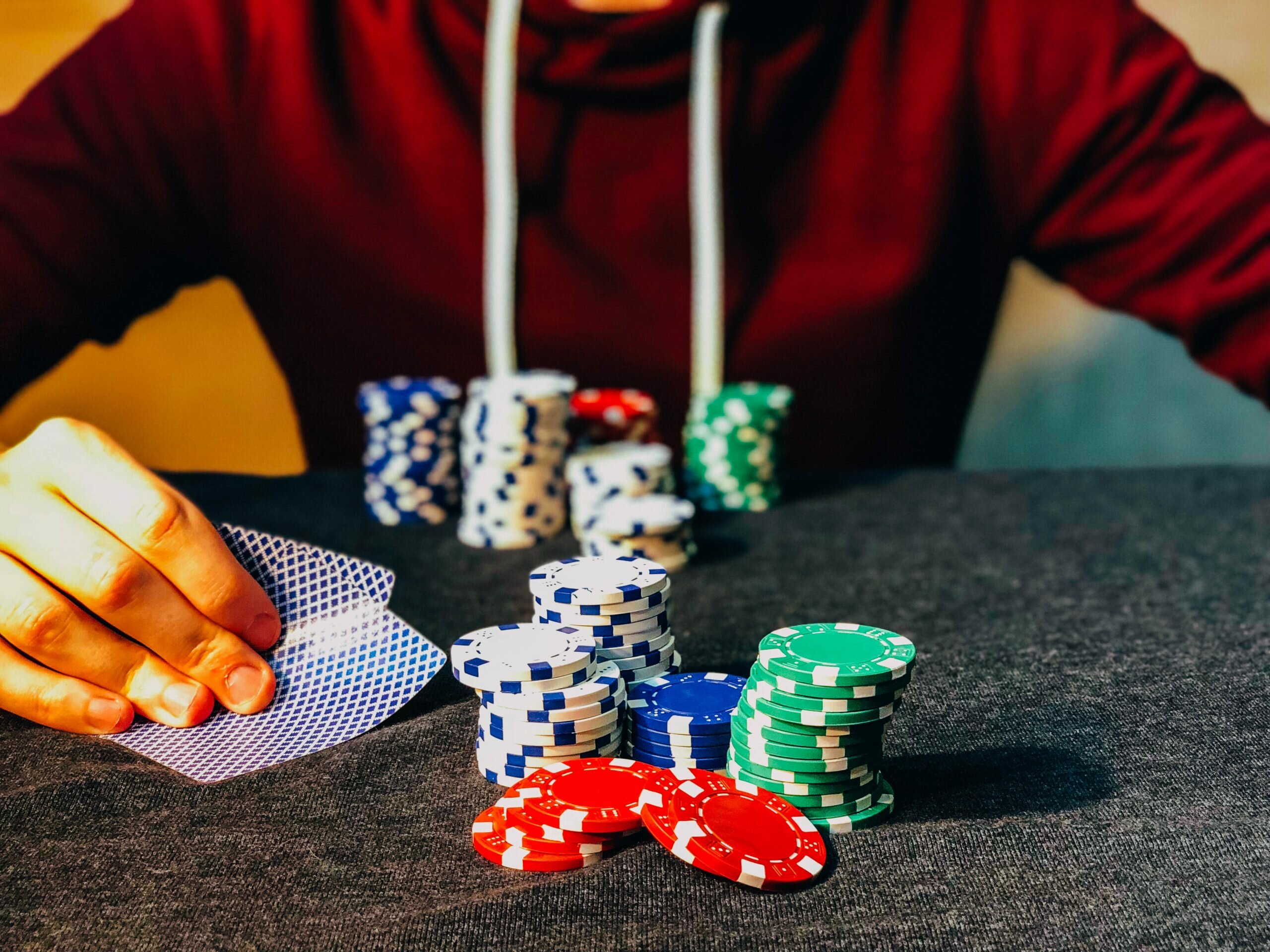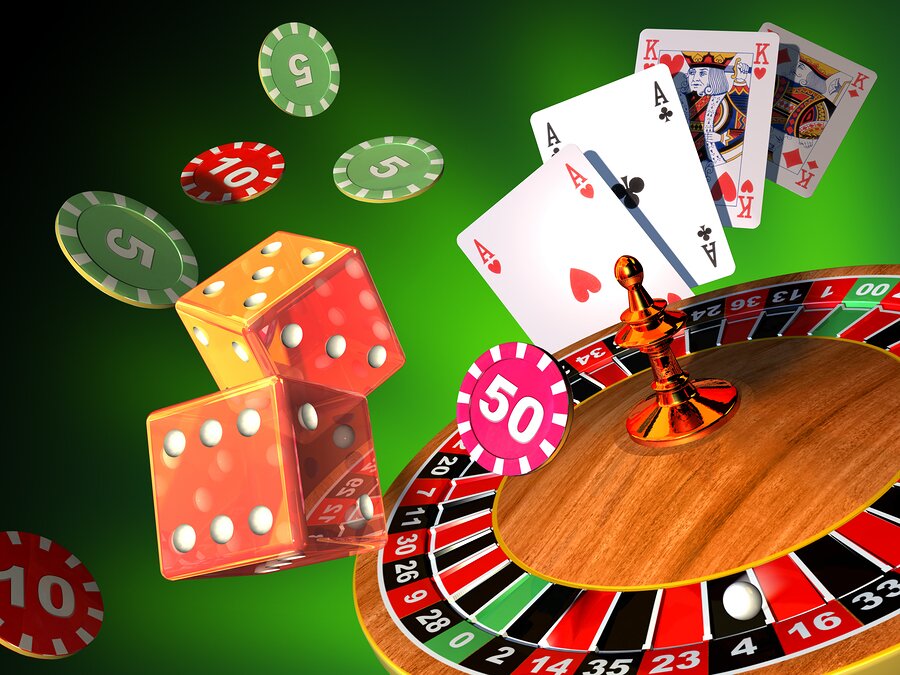How to win in poker: 7 suggestions to improve
1. The first rule of Texas Holdem poker is to keep your range small.
Playing too many weak hands and starting hands is one of the significant errors that novice and losing players make. You probably want to go in there and play a lot of hands because folding repeatedly isn’t enjoyable. Tom Dwan has undoubtedly been seen playing what seems like every hand on television.
However, having patience is a benefit if you want to learn how to win at poker, especially when playing against an aggressive table of skilled players who enjoy taking risks. It doesn’t follow that you should play hands like aces, kings, or other strong hands. Play suited connectors in position if you want to, but try not to play too many hands, or you’ll lose money. This is particularly valid for gamers who are new to the sport. As you gain experience, you can quickly increase your pre-flop range and discover how to succeed with various cards.
2. Use a balanced range of cards – a sound poker strategy
Because you won’t be as predictable, mixing things up at the poker table is a crucial tactic. Even if you have a strong hand, you shouldn’t always bet again after the flop. A flopped flush draw should be checked-raised 50% of the time and called 50%. Call the following three-bet in the large blind with a suited ace in one hand.
Some too many players don’t mix it up, making it clear what they have. Keep your opponents guessing by playing a balanced game of poker. They will never pay you off for your large hands, and your bluffs won’t work if they always know what you have. Poker is a game of deception, so if you can’t make your opponents believe you have something you don’t, whether it’s through bluffing or using the nuts, you’ll never succeed.
3. Never play with more money than you have.
Third poker winning tip: Mismanaging your bankroll is one of the leading causes of poker loss. This is not how to win in poker. You need a lot of money to succeed in this game; this is not just a corny cliche. Whether in a money game or a tournament, no matter how good you play, there will be days when you get destroyed. Not every time the cards fall in your favor.
Sometimes the poker gods will decree that every flush draw your rivals make will be successful. If you don’t have enough money, you risk going bankrupt before luck balances itself. To be cautious, you should have a bankroll at least 25 times the buy-in for the game you are playing.
Starting out playing online poker may be the ideal option if you have a tight budget. Playing free poker games online is a far cheaper way to hone your skills than playing for real money in a live environment.
4. Recognize and accept failure
Having bad luck can sometimes ruin a poker career. A gutshot straight draw that occurs occasionally will stack us all up. There will be times when we all lose. But it would help if you didn’t let that undermine your self-assurance, or you won’t succeed in this challenging poker game.
Poker calls for mental toughness in addition to earning favorable hand deals from Lady Luck. Watch clips of Phil Ivey taking poor shots on YouTube. Please pay attention to how he responds. He never loses his cool over a bad beat, or at least he doesn’t show it, so it’s no wonder he’s one of the finest of all time. Every professional poker player has wins and losses to varying degrees.
5. Don’t drink too much
Not smoking marijuana is the topic at hand. You shouldn’t let a win make you too happy, just like you shouldn’t let losses make you lose confidence (unless you take down a World Series of Poker bracelet or other significant events, of course).
Even on a heater, always maintain composure despite previous outcomes. And, indeed, if you keep playing long enough, you will eventually strike a heater. It’s possible to win $300 one night and lose it the next. Thus, there is no reason to rejoice about a minor triumph. Although new players are frequently overexcited, staying in the game takes composure.
Practice, low-stakes games, strategy articles from poker websites, and interaction with other players will help you keep your composure and continue to learn the profession.
6. Connect with other gamers
Networking with successful players can help you improve the game; playing poker is like operating a business. Join poker communities and make connections with successful players on social media.
Having knowledgeable poker players in your social circle is a tremendous advantage. They will review your hand histories and give you feedback on how well you played the hands. Additionally, you’ll have someone to turn to when you need a confidence boost after losing sessions. Poker winners collaborate.
7. Don’t be afraid of being duped
Even though nobody enjoys being bluffed, it can occasionally help you win at poker. After you fold a strong hand, it just makes things worse when your opponent calls a bluff. But sometimes, even the strongest players lose to the ridge. That’s just how the game is.
Sometimes folding the best hand is preferable to continuously losing money because your ego won’t let you fold for fear of seeing a bluff. You’ll get all the chips when aggressive players pay off your better hands if you let them take the lesser pots. Influential poker players use this strategy to win card games.





